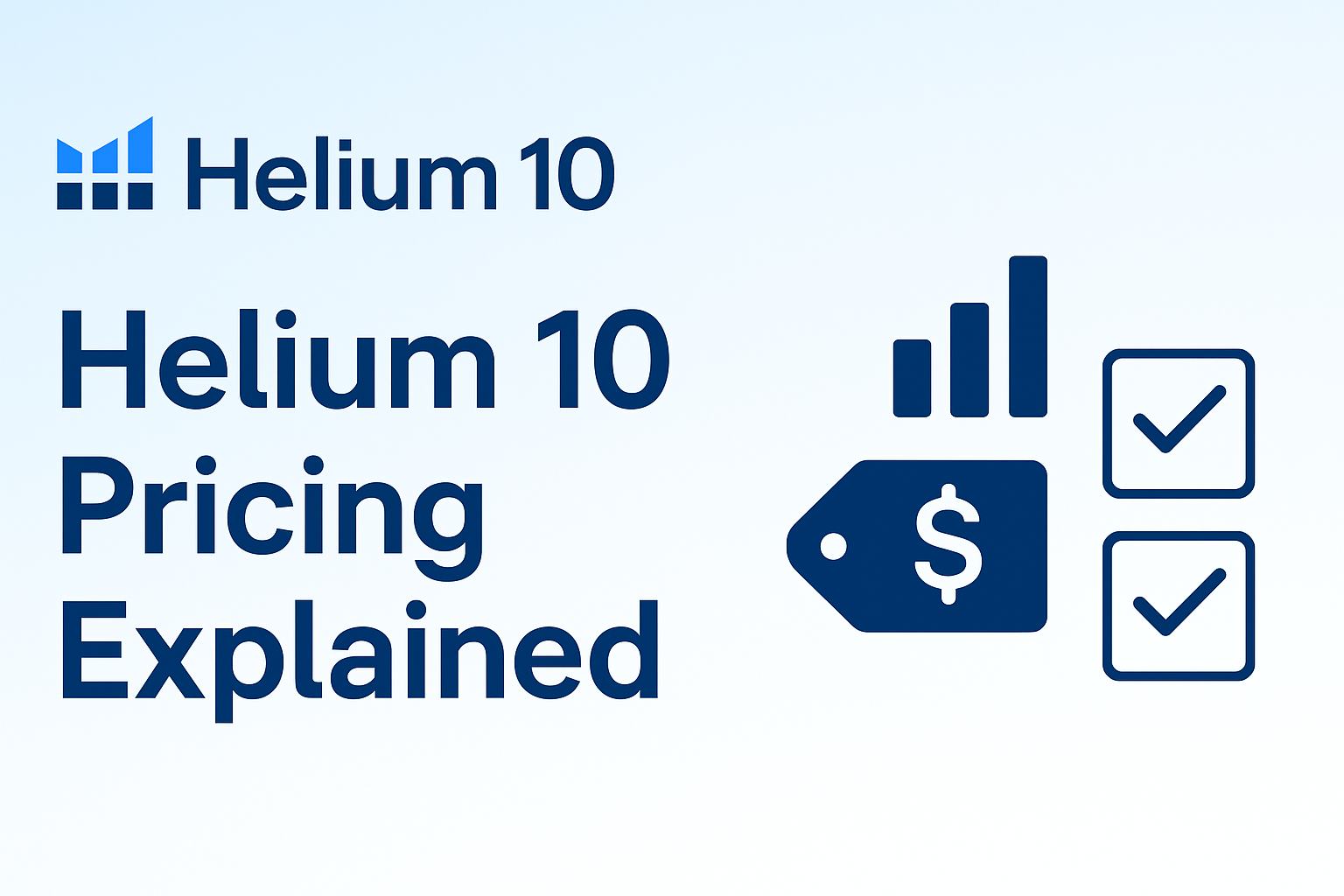In today’s digital world, tech skills aren’t optional anymore—they’re essential. Whether you want to become a cloud engineer, a DevOps specialist, or a Linux pro, you’re likely searching for the best learning platform to guide your journey.
Two major players in the online education space are The Linux Foundation and Coursera.
But let’s be honest—not all learning platforms are created equal. One gives you hands-on skills and job-ready certifications. The other? Great for general learning, but not always ideal for deep technical mastery.
So which one’s better if you’re serious about a career in tech?
Let’s take a close look and uncover why The Linux Foundation is the smarter, sharper, and more skill-focused choice—especially in 2025.
🐧 Meet the Platforms
What is The Linux Foundation?

The Linux Foundation is a non-profit organization that’s been supporting the open-source ecosystem since 2000. It’s home to major projects like Linux, Kubernetes, Hyperledger, and more.
- Offers official training and certifications for open-source and cloud technologies.
- Courses are built by the actual maintainers and experts behind these tools.
- Focused on Linux, DevOps, containers, cloud-native, networking, and security.
The Linux Foundation is trusted by:
- Microsoft
- IBM
- Red Hat
- Netflix
- And top-tier DevOps/cloud teams worldwide.
What is Coursera?

Coursera is a for-profit online learning platform that partners with universities and companies to offer:
- Video-based courses
- Professional certificates
- Degrees (yes, full online degrees!)
They cover a huge range of subjects—from computer science and AI to philosophy, psychology, and personal development.
Coursera is ideal for:
- General learners
- Degree seekers
- Students looking for academic-style education
But is it ideal for hands-on tech training? That’s what we’ll explore below.
Course Focus: Narrow vs Broad
Linux Foundation: Laser-Focused on Tech
The Linux Foundation doesn’t try to teach everything. It sticks to what it knows—and it knows open-source, DevOps, and cloud-native computing better than anyone.
Popular course paths include:
- Linux System Administration (LFCS)
- Certified Kubernetes Administrator (CKA)
- DevOps Bootcamp
- CI/CD, Docker, Ansible, Git, Terraform
- Cloud Security and Networking
The course material is:
- Directly job-relevant
- Built with real tools
- Designed around open-source best practices
It’s all about doing the work you’ll actually do in a DevOps, cloud, or SRE job.
Coursera: Broad and Academic
Coursera’s strength is its diversity. You’ll find courses on:
- Programming languages (Python, Java, C++)
- Data science and machine learning
- Cloud computing
- IT support
- Even personal wellness or history
The problem? Many tech courses are theoretical, often structured like university lectures—long lectures, readings, quizzes, but not always job-specific or practical.
Some Coursera tech courses are excellent—especially those from Google, IBM, or Meta—but they lack the in-depth, open-source focus that The Linux Foundation offers.
✅ Verdict: Linux Foundation Wins
If you’re aiming for a serious tech role, The Linux Foundation gives you precise, up-to-date, career-ready training.
Practical Learning & Hands-On Labs
Linux Foundation: Learn by Doing
What makes The Linux Foundation special is that it doesn’t stop at theory. You learn by:
- Deploying containers
- Managing Linux servers
- Building Kubernetes clusters
- Setting up real CI/CD pipelines
- Running security tools
Most courses include:
- Browser-based labs (no setup required)
- Real-world scenarios
- Challenge exercises
- Practice exams
“The labs in my Kubernetes course mirrored what I’m now doing in my job. I had zero shock moving into the real world.” – DevOps Engineer on Reddit
Coursera: Mostly Lecture-Based
Coursera’s courses typically follow a standard academic format:
- Pre-recorded videos
- Weekly assignments or quizzes
- Peer-reviewed projects
Some of the tech specializations do include labs, especially in Google or IBM tracks, but these are often guided or pre-configured, not exploratory.
Also, many courses require learners to set up their own dev environments, which isn’t ideal for beginners.
“I liked Coursera’s explanations, but I didn’t feel confident using real systems until I trained on Linux Foundation labs.” – Student on LinkedIn
✅ Verdict: Linux Foundation Wins
If you want to get your hands dirty in a safe environment, The Linux Foundation gives you real tools, real problems, and real practice.
Certifications & Career Recognition
Linux Foundation: Certifications That Matter

Linux Foundation certifications are:
- Trusted by top companies
- Globally recognized
- Often required or recommended for tech jobs
Some of their flagship certifications include:
- LFCS – Linux Foundation Certified Sysadmin
- CKA – Certified Kubernetes Administrator
- CKAD – Application Developer
- KCNA – Associate-Level Cloud Native
- LFCT – Entry-level IT certifications
You’ll find these on job postings around the world, and they’re seen as a sign of real, validated skill.
“I had an AWS cert, but recruiters lit up when they saw CKA on my resume.” – Job seeker on Hacker News
Coursera: Mixed Signals

Coursera offers:
- Completion certificates
- Certificates from Google/IBM/Meta/Microsoft
- Degrees (like Master’s in CS)
These are respected—but their weight depends on who issues the cert.
For instance:
- A Google IT Support Cert from Coursera is helpful for beginners
- But a generic “Intro to Linux” cert from a university may not hold weight in a real DevOps hiring decision
Coursera’s strength is education, not industry certification.
✅ Verdict: Linux Foundation Wins
When it comes to career impact and credibility in tech hiring, Linux Foundation certifications carry more authority.
Pricing and Value
Linux Foundation: Pay Once, Own It
Pricing typically ranges:
- $99–$600 per course or certification
- Most bundles include exam access
- Lifetime access to the course materials
- Frequent discounts (students, bundles, sales)
You’re investing in one deep skill at a time, with permanent access and a certification employers recognize.
“CKA cost me $395, but it landed me a $95k DevOps job. Best money I ever spent.” – GitHub post
Coursera: Subscription or Degrees
Coursera offers multiple models:
- Free to audit courses (no cert)
- ~$49–$79/month for specializations
- $300–$500 for full programs
- $10,000+ for degrees
While flexible, the subscription model encourages rushing through content to “get your money’s worth.” And degrees are expensive for learners just looking to upskill.
Plus, you don’t always retain full access after the course ends.
✅ Verdict: Linux Foundation Wins
The Linux Foundation offers better value per skill, especially when compared to monthly fees or degree-level pricing.
Job Readiness & Skill Transfer
Linux Foundation: Built for Work
The Linux Foundation is laser-focused on preparing you for the job.
Courses and exams are:
- Aligned with actual job tasks
- Maintained by industry insiders
- Continuously updated for relevance
It’s common for learners to go from:
“I’m just curious” → “I’m certified” → “I’m hired”
Their career paths are intentionally structured:
Start with KCNA → Move to CKA → Get a role in DevOps/SRE → Advance to CKS
Coursera: Built for Learners
Coursera is excellent at explaining complex ideas and building foundational understanding.
But learners often need additional training before jumping into production environments or applying their knowledge in a high-stakes job.
“Coursera gave me confidence, but The Linux Foundation gave me readiness.” – DevOps Reddit group
✅ Verdict: Linux Foundation Wins
For learners who want to land a job or level up in tech, The Linux Foundation is the clear winner.
Employer Perception
Linux Foundation: Technical Credibility
If you’re applying for:
- DevOps Engineer
- Cloud Infrastructure Specialist
- Linux Admin
- Kubernetes Architect
…you’ll see LFCS, CKA, or CKAD on job postings. Recruiters actively search for these keywords.
The Linux Foundation is seen as proof of hands-on expertise, not just course completion.
Coursera: Varies by Certificate
Coursera certificates from Google, IBM, or Meta can help open doors—especially for entry-level IT roles.
But generic Coursera certificates may not stand out on a resume unless paired with practical experience.
“Coursera got me into the conversation. My CKA cert got me the offer.” – DevOps candidate on Twitter
✅ Verdict: Linux Foundation Wins
Linux Foundation certifications are recognized by name and carry more weight with employers hiring for technical roles.
Community & Ecosystem
Linux Foundation: Open-Source Powerhouse
The Linux Foundation isn’t just a learning platform—it’s the heartbeat of the open-source world.
Learners can:
- Join real-world projects
- Interact with maintainers
- Contribute to GitHub repos
- Attend events, summits, and webinars
When you learn from The Linux Foundation, you’re joining a living, breathing global tech community.
Coursera: Passive Learning
Coursera focuses on self-paced video learning, with limited direct interaction.
Some peer-reviewed projects or discussion boards exist, but they don’t offer the same sense of collaboration or ecosystem that open-source learners thrive in.
✅ Verdict: Linux Foundation Wins
Want to be part of the open-source movement and not just a student? Linux Foundation welcomes you in.
🏁 Final Verdict: Why Linux Foundation Wins
Let’s summarize everything:
| Feature | Linux Foundation ✅ | Coursera ❌ |
|---|---|---|
| Real-world labs & exercises | ✅ Yes | ❌ Limited |
| Industry-recognized certs | ✅ Respected globally | ❌ Depends on course |
| Career-specific learning paths | ✅ DevOps, Cloud, Linux | ❌ Academic focus |
| Cost-effectiveness | ✅ One-time investment | ❌ Subscriptions/degrees |
| Job-readiness | ✅ Hands-on experience | ❌ Theory-heavy |
| Instructor credibility | ✅ Maintainers, insiders | ❌ University instructors |
| Employer perception | ✅ Strong signal | ❌ Mixed |
| Community & ecosystem | ✅ Open-source network | ❌ Limited interaction |
If your goal is to:
- Get hired in DevOps, SRE, cloud, or Linux roles
- Learn directly from the experts who built the tools
- Build skills that actually transfer to a tech career
- Earn certifications employers truly value
Then The Linux Foundation is hands-down the better choice.
Coursera is great for academic learning and general knowledge. But when it comes to career-focused, skill-first, and hands-on technical training?
🐧 Linux Foundation wins. Every time.
FAQ’s
Which platform offers more hands-on, job-ready training?
The Linux Foundation gives you real-world labs and practical skills, not just video lectures.
Which certifications are more respected in the tech industry?
Linux Foundation certifications like CKA and LFCS are globally recognized and trusted by top employers.
Who teaches the courses—Linux Foundation or Coursera?
Linux Foundation courses are created by the actual developers and maintainers of the technologies.
Which is better for mastering Linux and cloud-native tools?
The Linux Foundation specializes in deep, focused training on Linux, Kubernetes, and DevOps tools.
Where do I get better value for serious tech skills?
With expert-led content and hands-on labs, The Linux Foundation delivers more value for your money.



